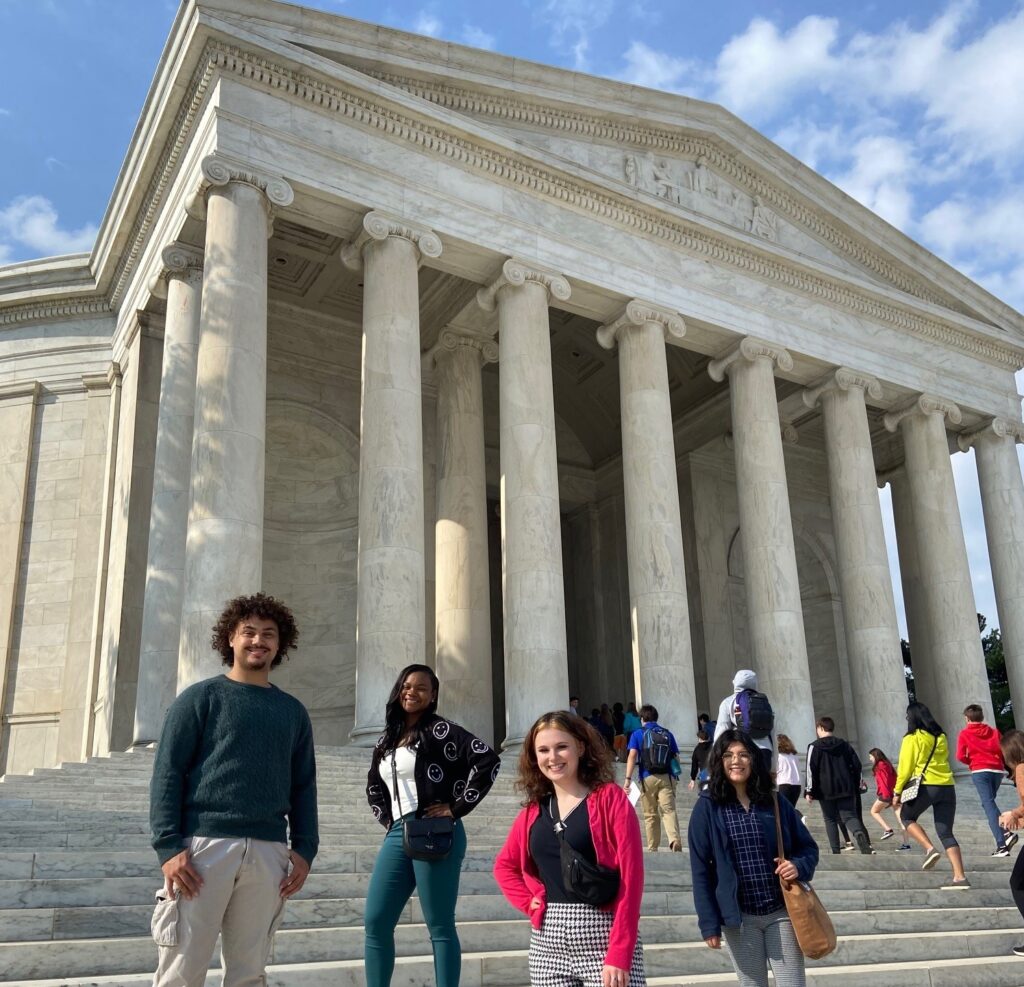
I stood with a student and her mother, hearing their indecision. The student had to choose between two athletic scholarships, one requiring she maintain a 2.5 and another a 3.0 grade point average. She had been a solid student in high school but didn’t know what to expect in college, and she would be dependent upon every bit of financial aid she could get. I asked what her sport was. “Basketball”, she answered, quietly and without ever making eye contact. “Do you love to play?”, I asked her. And then I saw her eyes. She was trying not to cry. Her mother interrupted, “It’s her job. She has to play to pay for college.”
A couple years later, I attended a difficult meeting in which an area organization had run out of money, though it had promised renewable scholarships to eleven students. Community leaders had gathered to try to figure out a way to help those eleven students finish school. At some point in the meeting we learned that the scholarships had strings attached: families had to sell tickets for fundraising events; and applicants were expected to participate in pageants (including purchasing the regalia to compete).
Trustees of an area foundation once wrote into a grant agreement with The Scholarship Foundation that all students who benefited would be required to write an annual thank you letter, explaining the importance of the scholarship to their success or they would not be funded. These were to be generous scholarships for students in dire circumstances, and it pained us so much to hear the Foundation officer respond to our rejection of that clause with “I guess you’ll have to do without the money, then.” We explained that we require no such thing of other students, and that while we could invite students to write, we did not believe we could require gratitude of anyone.
These are not uncommon scenarios in the world of private scholarships. There are scholarships that operate like indentures, written in invisible ink. They communicate to financially needy students that they must do more than the already formidable combination of multiple jobs, full-time school, academic and extracurricular achievements, supporting family, and all the other responsibilities they bear. In addition, such students are expected to earn their place in the learning process over and over again by appearances, attitudes, and outright labor. Extra layers of feigned morality and obvious classism and racism are ascribed in these practices, suggesting it is “good for them” or “character building” or somehow counteracts a dependence on “handouts.”
Trust me. When scholarships are awarded carefully, with full attention to financial need and academic match, students are working very hard every day to learn and to earn for themselves the goals they’ve set. Scholarships should set them free to do so, not indenture them.




